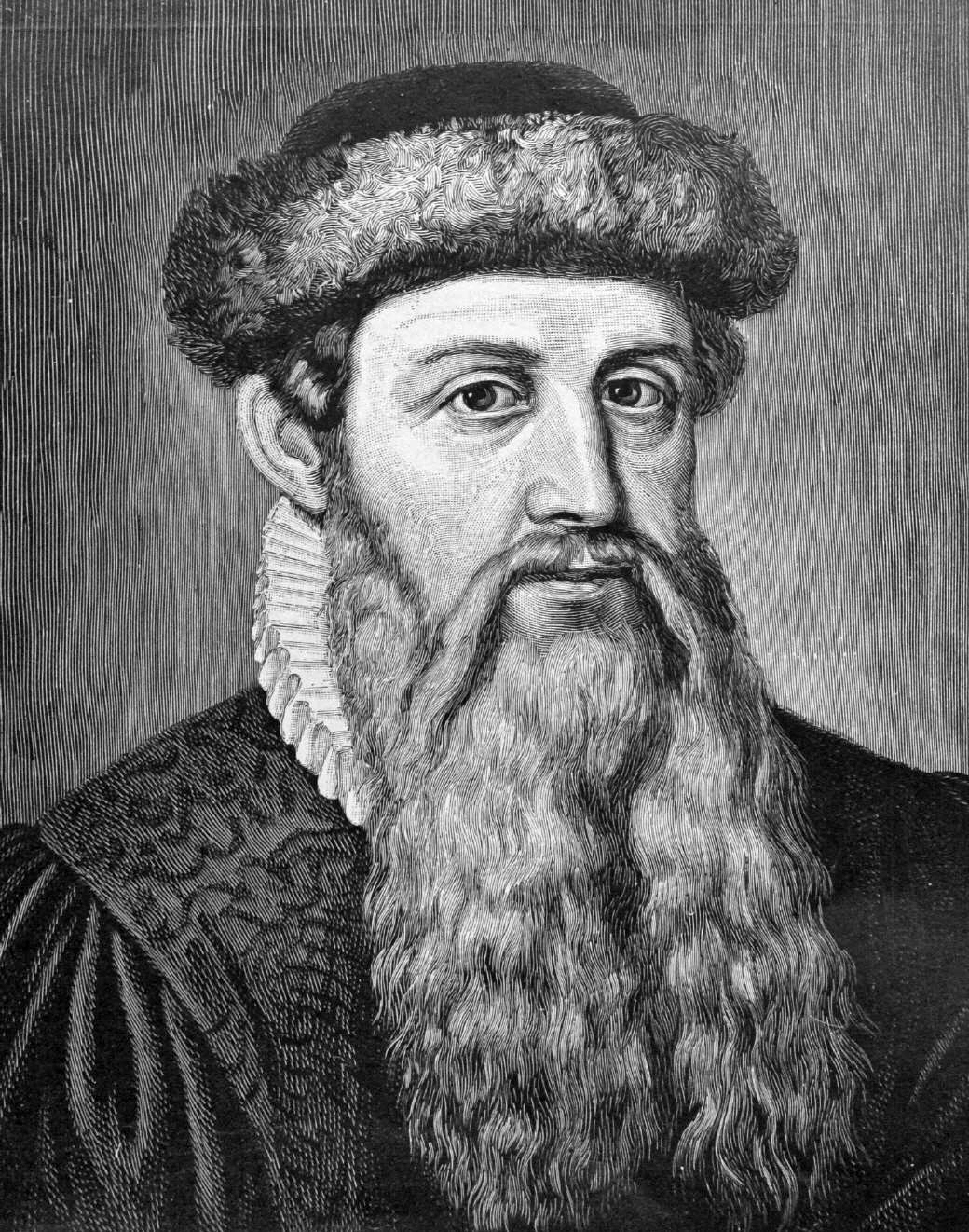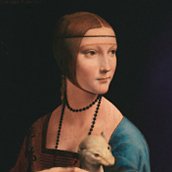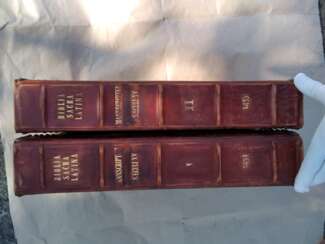gutenberg

Johannes Gensfleisch zur Laden zum Gutenberg was a German inventor and craftsman who introduced letterpress printing to Europe with his movable-type printing press. Though not the first of its kind, earlier designs were restricted to East Asia, and Gutenberg's version was the first to spread across the world. His work led to an information revolution and the unprecedented mass-spread of literature throughout Europe. It also had a direct impact on the development of the Renaissance, Reformation and humanist movement.
His many contributions to printing include the invention of a process for mass-producing movable type; the use of oil-based ink for printing books; adjustable molds; mechanical movable type; and the use of a wooden printing press similar to the agricultural screw presses of the period. Gutenberg's method for making type is traditionally considered to have included a type metal alloy and a hand mould for casting type. The alloy was a mixture of lead, tin, and antimony that melted at a relatively low temperature for faster and more economical casting, cast well, and created a durable type. His major work, the Gutenberg Bible, was the first printed version of the Bible and has been acclaimed for its high aesthetic and technical quality.


